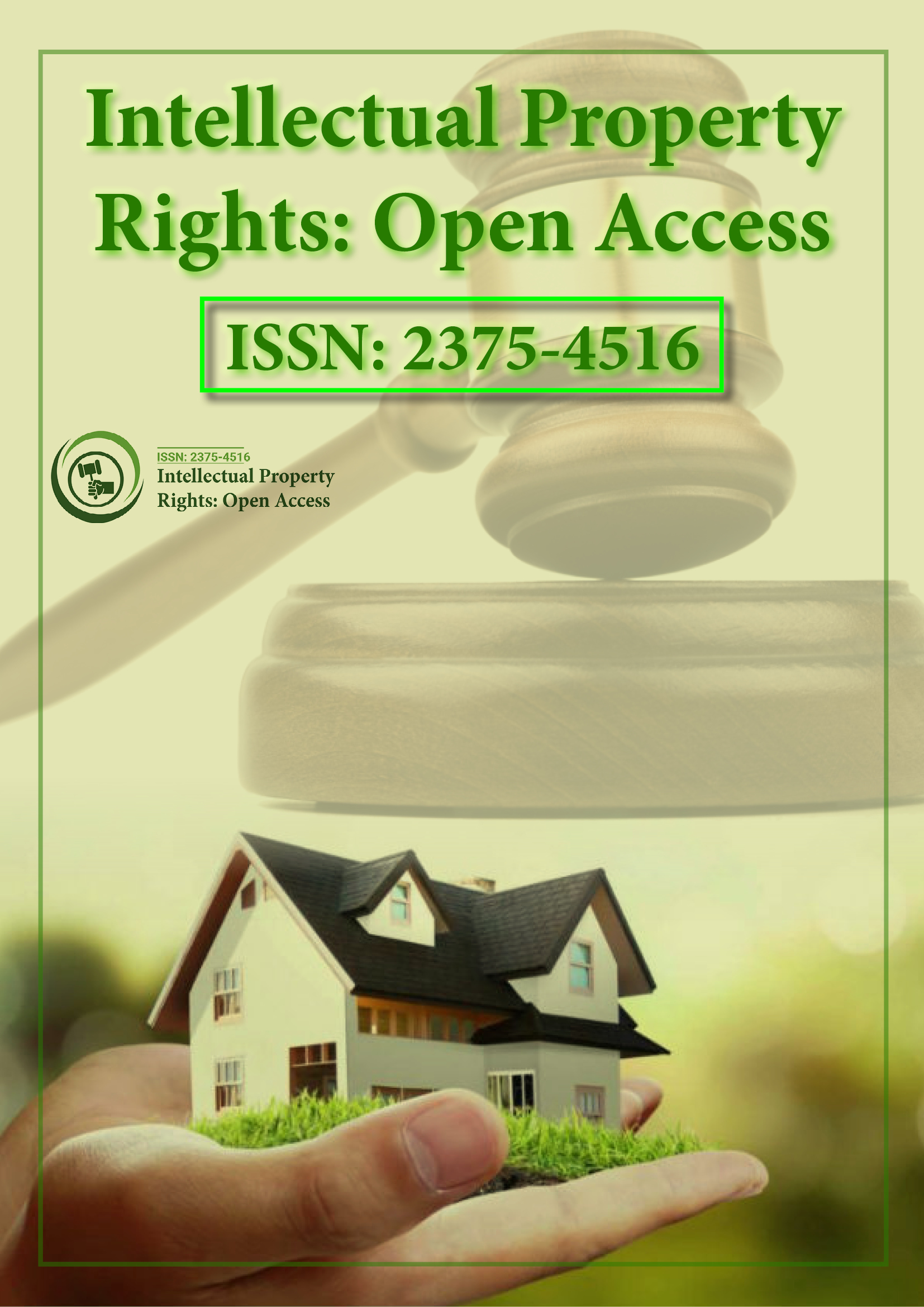Indexed In
- Open J Gate
- RefSeek
- Hamdard University
- EBSCO A-Z
- OCLC- WorldCat
- SWB online catalog
- Publons
Useful Links
Share This Page
Journal Flyer

Open Access Journals
- Agri and Aquaculture
- Biochemistry
- Bioinformatics & Systems Biology
- Business & Management
- Chemistry
- Clinical Sciences
- Engineering
- Food & Nutrition
- General Science
- Genetics & Molecular Biology
- Immunology & Microbiology
- Medical Sciences
- Neuroscience & Psychology
- Nursing & Health Care
- Pharmaceutical Sciences
Perspective - (2022) Volume 10, Issue 4
Ethics and Determination of its Moral Philosophy
Chang Gen*Received: 04-Nov-2022, Manuscript No. IPR -22-19488; Editor assigned: 08-Nov-2022, Pre QC No. IPR-22-19488 (PQ); Reviewed: 24-Nov-2022, QC No. IPR-22-19488; Revised: 30-Nov-2022, Manuscript No. IPR-22-19488 (R); Published: 08-Dec-2022, DOI: 10.35248/2375-4516.22.12.214
Description
Gibbs makes the case that ethics is primarily concerned with responsibility and is not, as philosophers have frequently assumed, primarily a matter of thinking about the right thing to do and acting in accordance with the abstract dictates of reason or will. Instead, he draws on a striking combination of intellectual traditions, including Jewish thought, continental philosophy, and American pragmatism. More specifically, ethics is about taking responsibility for one's actions and listening to others' concerns.
Organizing the relationships with multiple stakeholder groups is part of managing a corporation. Initiating, maintaining, and even ending relationships between corporations and stakeholders all depend on trust. The degree to which stakeholders require something or someone to believe depends on their capacity to accept uncertainty about the outcomes that might be expected from the relationship.
Stakeholders must place their trust in the corporation itself if it is not possible to establish this trust through various social mechanisms. The extent to which employees, who act as the corporation's representatives, are unable to realise the moral trust on their own determines the necessity of organising the corporation's moral reliability.
In the face of increasingly conflicting needs and opinions, how can we make ethical decisions about our environment? This collection of essays provides a diverse range of perspectives representing many of the world's cultural and religious traditions to assist readers in making such decisions for themselves. The authors of this paper seek to clarify the ethical principles underlying the concept of sustainable development.
They give a comprehensive overview of the global similarities and differences in sustainable development's interpretation as well as its contemporary moral challenge. The book develops the idea of sustainability as the ethical approach to balancing the needs of environmental conservation with economic development by gathering essays from experts in environmental ethics and developmental ethics as well as those who are addressing these issues from the perspectives of religion and humanistic philosophy.
How can it be determined whether a business code of ethics is moral in its content? The creation of fundamental, universal moral principles that may be used to ethically create and assess business codes of ethics may be a crucial first step.
After reviewing normative research on business ethics, a list of universal moral principles is created by taking into account three sources: Corporate codes of ethics are the first, followed by international codes and literature on business ethics.
Six universal moral principles for corporate codes of ethics are suggested based on the convergence of the three sources of standards, including:
• Trustworthiness;
• Respect;
• Accountability;
• Fairness;
• Caring; and
• Citizenship.
The implications of what should be included in corporate codes of ethics are examined based on the proposed list of universal moral ideals.
Moral philosophy
Examining the ideas of right and wrong is the focus of the branch of philosophy known as moral philosophy. It analyses the nature of morality and the proper conduct for individuals in society. There are three subfields of moral philosophy.
One area of study, meta-ethics, focuses on broad issues such "What is morality?" What exactly is justice? "Is truth present?" and "How can I prove that my beliefs are superior to those of others who hold contrary beliefs?"
The study of normative ethics is another area of moral philosophy. It provides an answer to the query of what is appropriate. The main goal of normative ethics is to offer a framework for determining what is right and wrong. The three most popular frameworks are utilitarianism, virtue ethics, and deontology.
Applied ethics is the final branch. It discusses concrete, realistic morally significant matters like war and the death penalty. Applied ethics also addresses certain moral dilemmas that people encounter on a daily basis, such as whether they ought to tell a lie to aid a friend or coworker. Therefore, moral philosophy may give us the skills we need to consider and live an ethical life, whether our moral focus is on broad themes, a practical framework, or applied to particular dilemmas.
Citation: Gen C (2022 Ethics and Determination of its Moral Philosophy. Intel Prop Rights.12:214.
Copyright: © 2022 Gen C. This is an open-access article distributed under the terms of the Creative Commons Attribution License, which permits unrestricted use, distribution, and reproduction in any medium, provided the original author and source are credited.
